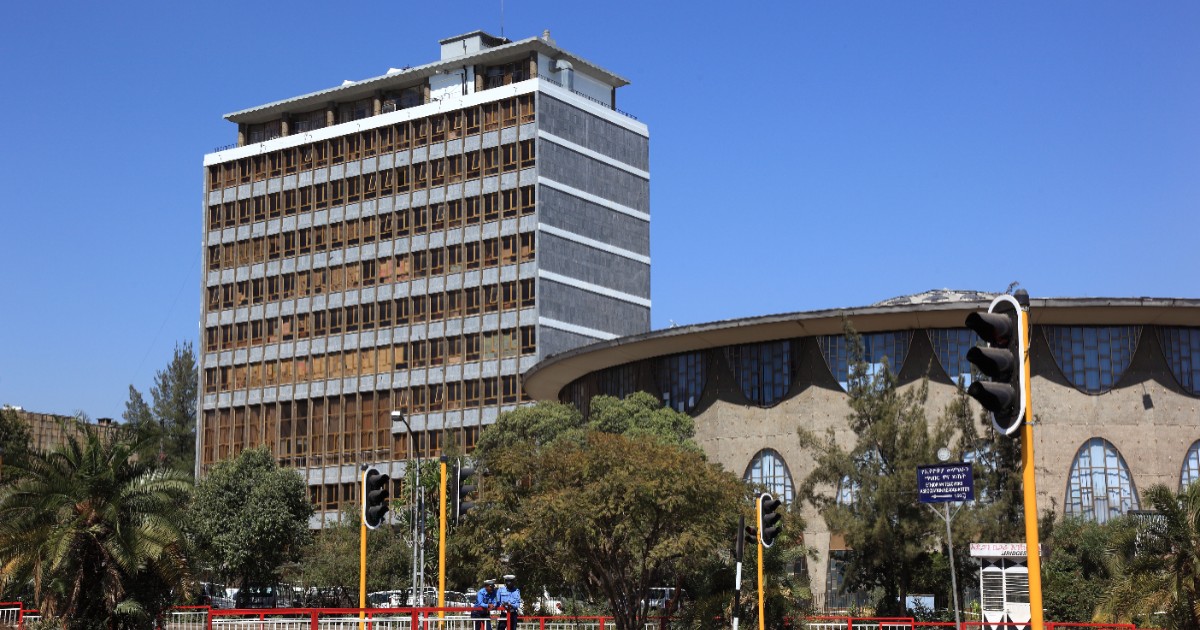Ethiopia has officially moved closer to liberalising its banking industry, but with limits. The National Bank of Ethiopia (NBE) has issued a draft directive that caps total foreign ownership in local banks at 49 percent, signalling a cautious but strategic shift in one of Africa’s most protected financial markets.
“Aggregate shareholding by foreign nationals and foreign-owned Ethiopian organizations in a bank, other than a foreign bank subsidiary, shall be limited to forty-nine (49%) of the total subscribed shares of a bank,” the NBE stated.
The central bank described the reform as strengthening Ethiopia’s financial stability and competitiveness.
“Promoting a strong and viable banking sector in Ethiopia is crucial for macro-economic stability and growth,” it said, adding that foreign investors “bring strategic value… through strengthening capital, improving efficiency and technology, transferring knowledge and improving governance.”
Balancing growth with protection
The draft directive also underscores the need for a robust regulatory framework to ensure “the safety and soundness of the banking sector.”
If enacted under the new Banking Business Proclamation No. 1360/2025, the directive could finally open Ethiopia’s doors to long-anticipated foreign participation.
Regional analysts say this move could reshape East Africa’s banking landscape, fostering competition and innovation across borders while keeping national interests intact.

